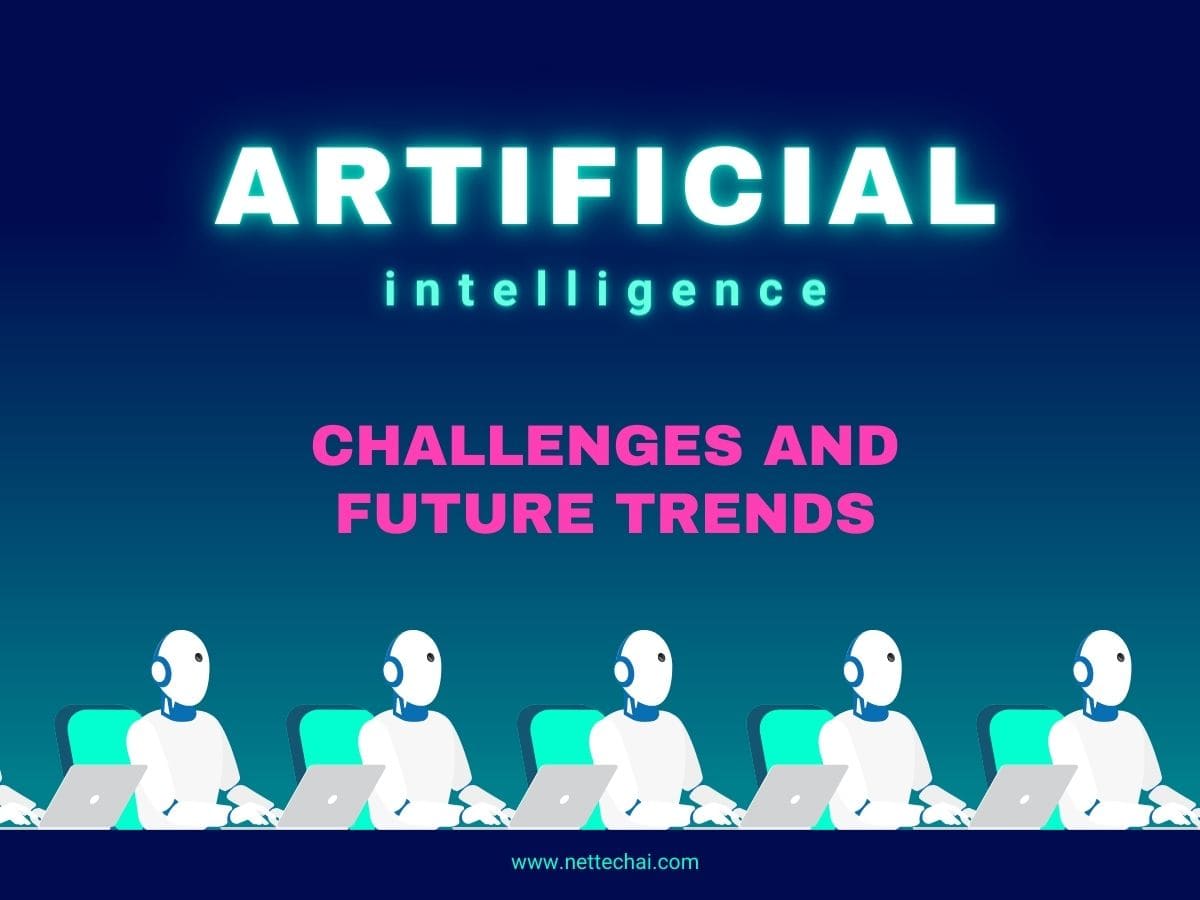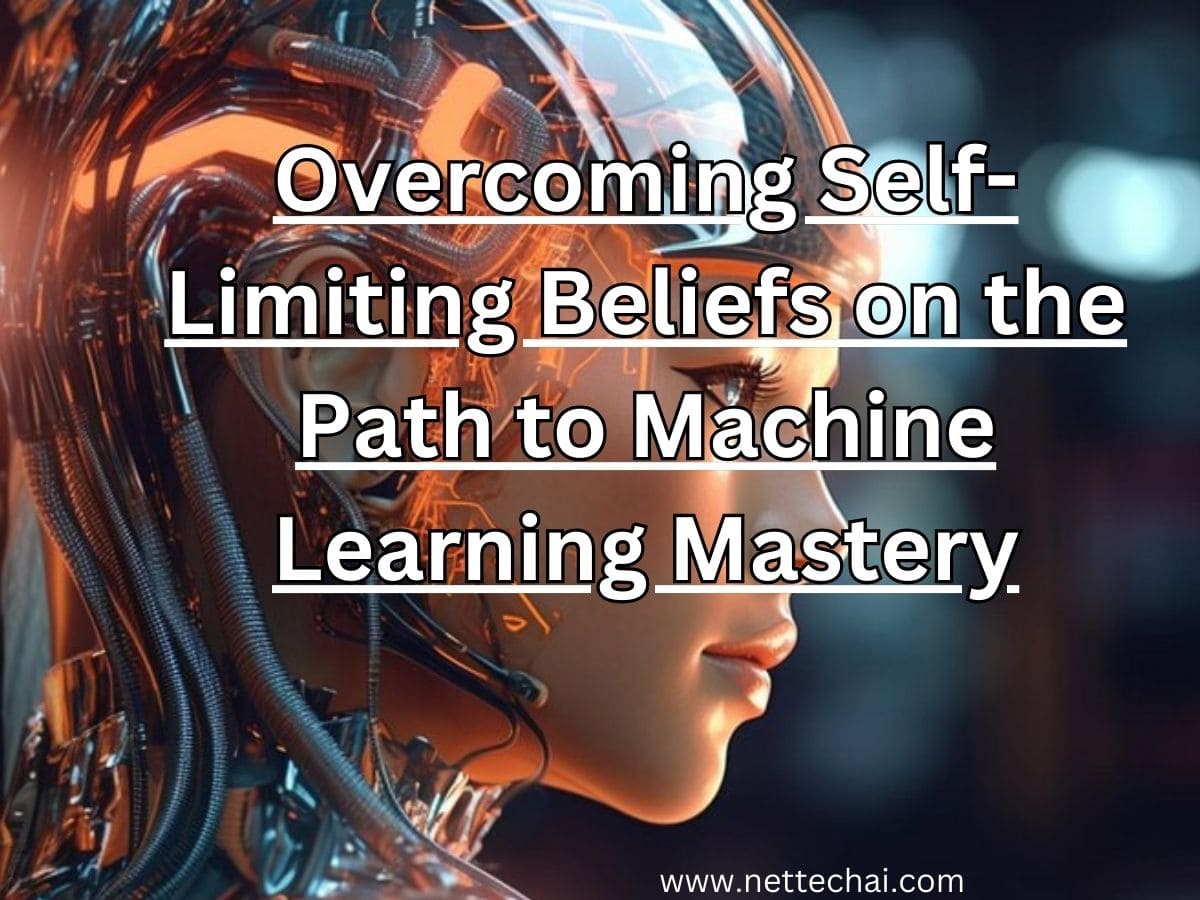Introduction to Artificial Intelligence: A Journey into the World of AI

https://nettechai.com/quantum-computing-demystifying-the-future/In a world where technology evolves at an astonishing pace, Artificial Intelligence (AI) has emerged as one of the most transformative and revolutionary innovations of our time. With its ability to simulate human intelligence and perform tasks that once seemed reserved for human minds, AI has swiftly woven itself into the fabric of our daily lives. This article serves as your gateway into the captivating realm of Artificial Intelligence, offering insights into its definition, significance, types, applications, challenges, and future trends.
Introduction
At its core, Artificial Intelligence refers to the simulation of human-like intelligence in machines, enabling them to think, learn, and solve complex problems autonomously. What makes AI particularly remarkable is its ability to adapt and improve its performance over time based on experience. This ability to mimic cognitive functions distinguishes AI from traditional programming.
Historical Background and Key Milestones
The journey of AI began long before it gained mainstream recognition. The term “Artificial Intelligence” was first coined in 1956, marking the birth of this interdisciplinary field. Early efforts focused on logic-based approaches and rule-based systems. However, significant breakthroughs emerged in the latter half of the 20th century with the development of expert systems, neural networks, and machine learning algorithms.
Types of AI
AI is categorized into three primary types: Narrow AI, General AI, and Superintelligent AI.
Narrow AI:
Also known as Weak AI, specializes in performing specific tasks without possessing human-like understanding. Examples include virtual assistants like Siri and Alexa, which excel at natural language processing and voice recognition.
General AI:
Often referred to as Strong AI, represents a level of AI that possesses human-like intelligence across a wide range of tasks. It can understand, learn, and apply knowledge in ways similar to humans. However, achieving General AI remains a challenge due to the complexity of human cognition.
Superintelligent AI:
Refers to AI systems that surpass human intelligence in virtually all aspects. This level of AI is still largely theoretical and raises ethical and existential questions about the potential consequences of creating machines smarter than us.
Applications of AI:
The impact of AI spans diverse industries and sectors, enhancing efficiency, accuracy, and innovation.
In the healthcare sector, AI assists in diagnosing diseases from medical images, predicting patient outcomes, and even drug discovery. In finance, AI-driven algorithms analyze market trends, manage portfolios, and detect fraudulent activities with unparalleled speed and precision. The automotive industry benefits from AI in the form of self-driving cars, which rely on advanced sensors and machine learning algorithms to navigate roads safely.
Real-world applications are abundant. For instance, AI powers recommendation systems on streaming platforms, personalized advertising on social media, and even contributes to agricultural efficiency through smart farming techniques.
Challenges and Future Trends
As AI integration advances, it brings with it a set of challenges and ethical considerations. One prominent concern is bias in AI algorithms, which can lead to unfair outcomes. The AI community is actively working on addressing bias and ensuring fairness through robust training data and algorithmic adjustments.
Ethical concerns extend beyond bias. The development of autonomous weapons and the potential for AI-driven unemployment also raise important questions about the responsible deployment of AI technologies.
Looking ahead, emerging trends in AI promise exciting possibilities. Reinforcement learning, where AI systems learn by trial and error, is enabling machines to master complex tasks such as playing video games and even medical diagnosis. Quantum computing holds the potential to accelerate AI’s capabilities, while the development of more transparent and interpretable AI models aims to demystify AI decision-making.
Conclusion
In conclusion, Artificial Intelligence stands as a testament to human ingenuity and the pursuit of knowledge. Its evolution from theoretical concepts to practical applications has redefined industries and challenged our understanding of intelligence. As we navigate the intricate landscape of AI, it’s imperative to tread carefully, addressing ethical concerns and harnessing its power to propel humanity forward into a brighter and more advanced future. Learn more AI stuff, stay connected with us.



